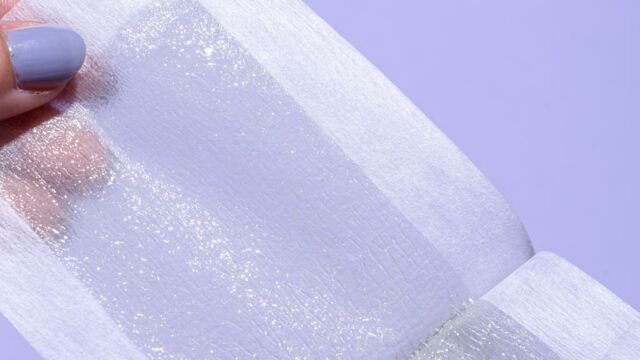The Brazilian wax, the landing strip, the bikini wax... There are a million creative ways to shape your pubic hair depending on your mood. The whole waxing businesshas gotten so extreme that there are now many people who decide topermanently get rid of their pubic hairthanks to laser hair removal. Waxing has become a prerequisite of the modern woman, but more and more people are becoming tired of spending so much time, money and energy in removing their body hair—and rightfully so! It turns out pubic hair is there for a reason (who would have thought?!).
Discover our latest podcast
We don't have to look up at the stars to understand some things about our bodies. Instead, we just have to at our bodies itself, the colour of your tongue, your nails, your sleeping position. It can reveal a lot.
Here are some things our pubic hair says about us.
You're getting older
According to Axia Women's Health, the amount of pubic hair women have varies based on how old they are. For example, when women reach menopause, the density of their body hair in that area diminishes greatly. Apparently, this loss, or thinning, of pubic hair is due to the fact that the regenerative capacity of the cells decreases, and because vascularization is lost and androgen levels increase.
You may have a hormonal imbalance
Another aspect of pubic hair, a positive one, is that it can also alert us to hormonal imbalances. For example, excessive hair growth may be warning us that we suffer from a hormone-related disorder, such as the ever so common polycystic ovary syndrome (PCOS).

Read more:Sexual health: Here's why you should never remove your pubic hair
Should you remove your pubic hair?
Furthermore, several studies have linked the removal of pubic hair to a higher likelihood of infection and sexually transmitted diseases (STDs), because waxing our pubes essentially equates to eliminating a natural protective barrier.
Also, the University of Texas pointed out in one of their studies that at least 60% of women who wax off all of their pubic hair suffer from health complications such as abrasions, extreme itchiness, and ingrown hairs. The study says:
Having cuts or open follicles in a moist part of the body increases the likelihood of being infected with bacteria or viruses, as well as the risk of getting herpes or other sexually transmitted diseases.
So it appears you know have all the information to make an educated decision about whether to wax off your pubic hair or to keep on your furry coat.
Having pubic hair is normal. That’s the original design. https://t.co/pm7uozc4xg
— Olúwatósìn Olaseinde (@tosinolaseinde) April 8, 2023
Read more:Bikini wax: Here are the 5 health risks you need to know about
Sources used:
Axia Women's Health: What’s Up, Down There: Everything You’ve Wanted to Know About Pubic Hair
National Library of Medicine: Correlation between pubic hair grooming and STIs: results from a nationally representative probability sample















